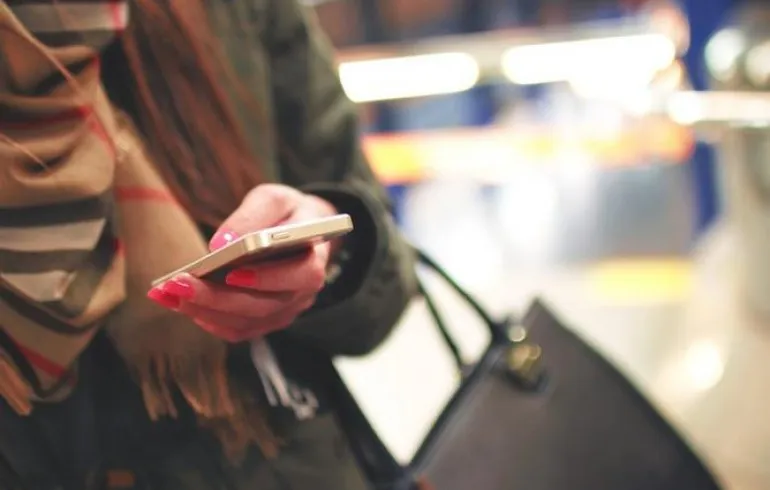SAN DIEGO.- Adolescents with type 1 diabetes (T1D) who received and responded text messages on their cell phone achieve better control of the disease in the period that pass from the pediatric health service to adults.
The transition from pediatric health care to that of adults is a challenge for young people with T1D, due to the high level of self -care involved, explained those in charge of a study presented in the 77 scientific session of the American Diabetes Association (ada byits acronym in English).
The specialists indicated that the control of blood glucose levels during adolescence, often predicts that this care will remain in adult life.
In an essay on glycemic control, 301 adolescents with type 1 diabetes were included in two United States clinics, and followed up for a year.They had 15 years on average and had lived with the disease for 6.5 years.
They were randomly assigned in four groups: the first received text messages with daily reminders to check their glucose levels and were asked to send an answer with their measurements.
The second group was oriented in five self -care modules that emphasized the increase in blood glucose monitoring and insulin dose administration at meals.
To the third group text messages and the information of the modules were sent;Meanwhile, those in the fourth group did not receive any intervention.
The investigation revealed that among those who received and responded text messages, an improvement was observed when 8.5 to 8.1 glucose levels, and that text messages seemed to preserve and potentially improve glycemic control.
"Taking into account the current panorama of the use of cell phones among adolescents, it is appropriateProfessor of Pediatrics at Harvard Medical School.
Researchers plan to evaluate even more the durability of the intervention of text messages on glycemic control over the next six to 12 months.


